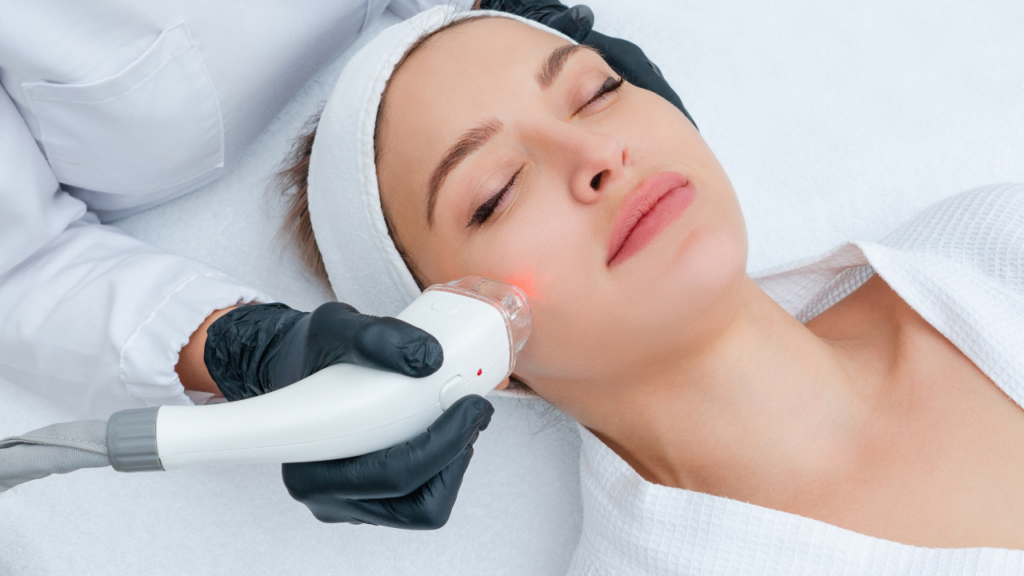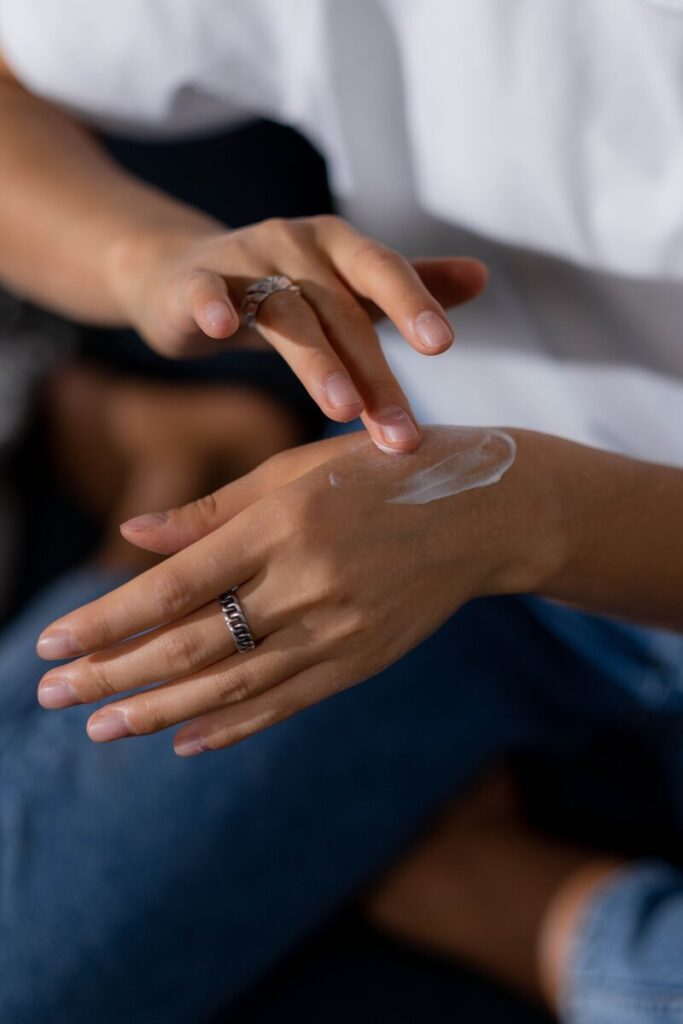Lasers and light-energy devices have been around for decades, but in recent years, they have become more popular than ever. These powerful devices can treat a wide range of skin concerns, from acne scars to unwanted hair to signs of aging. But how do they actually work, and what makes them so effective? Let’s take a closer look at lasers and light-based devices that we commonly use in dermatology.
What is a Laser?
The term LASER is actually an acronym for Light Amplification by Stimulated Emission of Radiation. Lasers are fascinating and involve a lot of science, but you don’t have to be a physicist to understand them. Two Harvard dermatologists, Dr. Rox Anderson and Dr. John Parrish, revolutionized how lasers are used in medicine and aesthetics by developing the theory of selective photothermolysis. This concept predicates that lasers use a single wavelength of light (monochromatic) to focus on specific targets in the skin like blood cells, water, or pigment. That’s why lasers for treating rosacea and birthmarks only target blood vessels while lasers for tattoos or hair removal only target pigment, leaving other structures untouched. It’s pretty amazing, isn’t it?
People may refer to Intense Pulse Light (IPL) and Broad-band Light (BBL) devices as lasers, but technically they are not lasers because they emit multiple wavelengths of light rather than just one. However, we understand what you mean if you use the term ‘laser’ to refer to them!
Uses of lasers in dermatology
There are different types of lasers used in dermatology, each with its unique properties and applications. Lasers can be used for a number of things including medical treatment of scars, rosacea, acne, birthmarks, and even to help assist in drug delivery into the skin. We also use lasers for aesthetic treatments from redness, rejuvenation, sun damage, hair removal, tattoo removal, to name a few.
With their precise and targeted approach, lasers have become an indispensable tool for dermatologists, providing patients with safe and effective solutions for a wide range of skin concerns.
If you’re considering a laser treatment, here are some important things to keep in mind:
- Make sure you are seeing someone who is well-trained and experienced in handling these devices.
While operating a laser may seem simple, using the correct settings requires knowledge of laser science and physics. This is especially important if you have darker skin or a more complex skin condition, as using wrong laser settings can result in pigment changes, scarring, or even burns.
- Getting the desired result with lasers usually requires multiple treatments.
Laser procedures are typically not a one-time quick fix. It’s important to discuss with your dermatologist the number of treatments required and what the expected downtime will be.
- Be vigilant with sun protection.
To ensure maximum benefits and prevent complications, avoid direct sun exposure after the treatment and use sunscreen with at least SPF 30. For some lasers, it’s crucial to avoid tanning before the treatment, as it can lead to undesirable side effects.
- Follow post-treatment instructions.
Your dermatologist will provide you with post-treatment instructions that are specific to your laser treatment. Follow these instructions carefully to ensure the best results and minimize the risk of complications.
With proper care and attention, laser treatments can offer long-lasting results and help patients feel more confident in their skin.
Join me this week on the podcast as I discuss lasers with Dr. Jaqueline Watchmaker, a board-certified dermatologist and laser expert!










